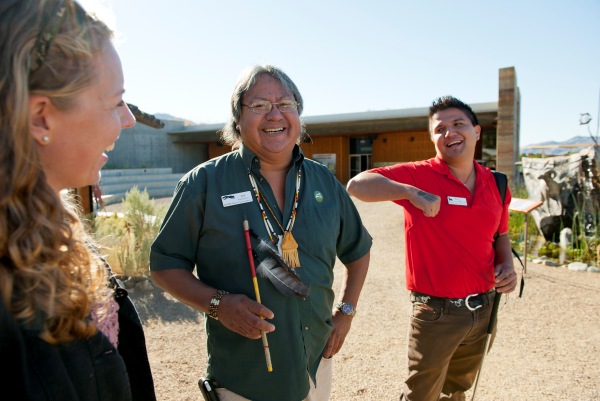Thinking about the future of work, particularly the fragility of many jobs and professions as they are usurped by technology and automation, can be a sobering exercise. While technological advances continue to make our lives easier and more convenient, the often-unintended consequences of these innovations continue to mount, marginalizing work done by humans.
While this reality impacts all sectors of the Canadian economy, the good news is many tourism and hospitality positions have not been greatly affected by these advances and the pace at which these jobs are being lost to automation and technology is slower than in other sectors of the economy.
We all know the speed of change has increased exponentially since carts and horses were replaced by cars and trucks. There once was time to see what new jobs would be created due to advancements in technology, but no longer—it is happening too quickly. And in many instances where automation or technology rendered jobs and even entire industries redundant or uncompetitive, there remained a need for humans to perform important roles within the changed environment…but this, too, is becoming less and less the norm.
For tourism, there is an opportunity here: employers can improve the quality of service and attentiveness to guest needs and further showcase the value of the human connection to the client experience. Tourism operations can embrace advancements that may help alleviate the physical demands of some jobs and help ensure increased workplace safety, while also demonstrating the value-add of personalized service that can only be accomplished through human interaction.
Over the course of 2019, Tourism HR Insider will be highlighting ways our sector can excel because of the human element. These short articles will provide useful and easy-to-implement tactics to tie the client service experience to the human experience through real-world examples and suggestions from HR experts. Stay tuned!

